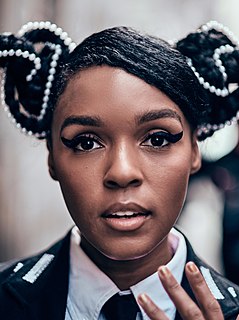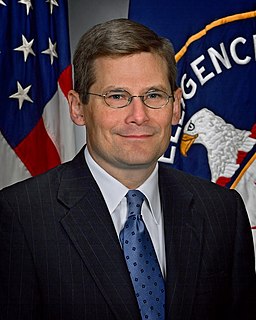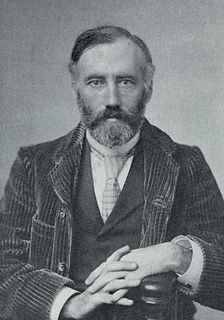A Quote by Karan Johar
I was swept by the narrative structure of film... you can create a world, you can destroy it, you can do what you want with it and serve it to people just the way you like.
Related Quotes
To me, money is a vehicle; it's a tool. I could use it as a weapon to destroy things or money can create-you can create an opportunity, you can create a charity, you can create things for your family, you can go do something for your family that nobody else would ever do. You can create educational opportunities, you can feed people overseas. And there's a tremendous leverage with money, or you can destroy people with it.
To reverse the effects of civilization would destroy the dreams of a lot of people. There's no way around it. We can talk all we want about sustainability, but there's a sense in which it doesn't matter that these people's dreams are based on, embedded in, intertwined with, and formed by an inherently destructive economic and social system. Their dreams are still their dreams. What right do I -- or does anyone else -- have to destroy them. At the same time, what right do they have to destroy the world?
I really just want to encourage and inspire people to use their freedom in a positive way and in a way that is inspiring to other people. I want to continue to pass down the seeds of change within the world. I think that it can start with just one person. Just like a rumor can get carried on, so can inspiration.
For queer people, the personal is very political, just to talk about it in a public space. It's very political just to come out and take up that space and be like, 'This is my narrative. It's not an outsider narrative, and it's not a fetish narrative; it's just my story, and it's worth being told and listened to.'
Karma is like the vine that gathers strength through uninterrupted years, and which fastens its tendrils so closely that it is as strong as the structure to which it adheres. There is no way to destroy its power except by the separation of the parts, these parts renew themselves in other forms of life, but the structure is freed when its root is destroyed.
All of my plays have puzzled some people, and I'm happy to say delighted a few, but a lot of people have just not seen how quite to look at them. And this film... if you like my writing, you'll like this film. If you don't, you won't like the film. It's pretty faithful to - it's a pretty uncompromising presentation of my way of seeing things, I suppose.






































